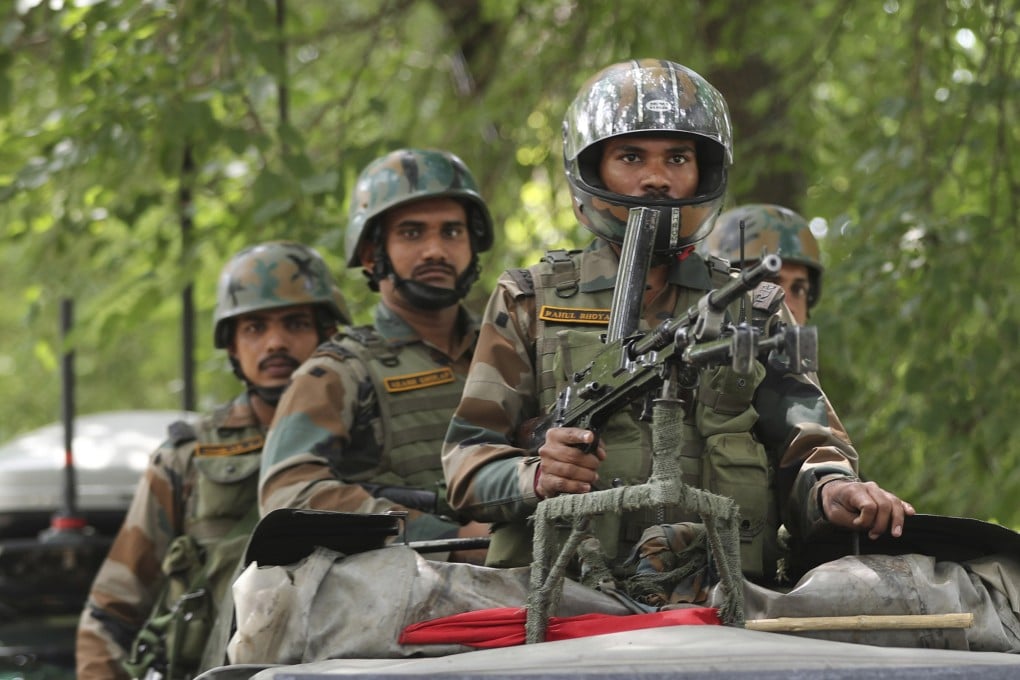Advertisement
Asian Angle | India’s dispute with Pakistan over Jammu & Kashmir has a loser – New Delhi’s cherished secularism
- Hindu nationalists have long railed against the ‘special privileges’ accorded to India’s only Muslim-majority state
- But while India holds that religion cannot be an organising principle, its actions in its northernmost province belie that, writes Ajai Shukla
Reading Time:4 minutes
Why you can trust SCMP

On Monday, the Indian government unilaterally reshaped its special constitutional relationship with its northernmost province of Jammu & Kashmir (J&K), under which that princely state had joined the Indian union.
In October 1947, with Pakistan-sponsored Pashtun militias closing in on the summer capital of Srinagar, the Hindu king of the Muslim-majority kingdom signed an Instrument of Accession, giving New Delhi full control over J&K’s defence, foreign affairs and communications, while allowing Srinagar control over all other matters, including framing its own constitution.
This special relationship with J&K was enshrined in Article 370 of the Indian constitution.
Advertisement
This has long irked Hindu nationalists, who for decades railed against “special privileges” being accorded to India’s only Muslim-majority state and, especially, against Article 370.
Prime Minister Narendra Modi, in his Bharatiya Janata Party (BJP) manifesto going into general elections earlier this year, explicitly promised “the abrogation of Article 370”.
Advertisement
Last May, with an increasingly right-leaning Indian electorate voting Modi back to power with an increased majority in Parliament, the fate of Article 370 was sealed.
Advertisement
Select Voice
Select Speed
1.00x
